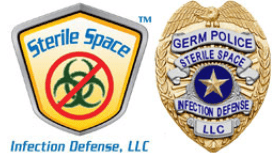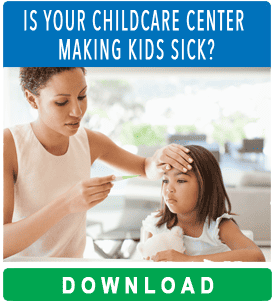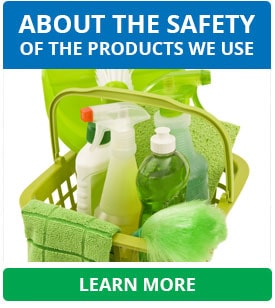Originally Published by MSN.com
Washing your hands is essential to good hygiene, stopping germs in their tracks. Washing your hands limits the transfer of bacteria, viruses, and other germs, according to the Mayo Clinic. The Centers for Disease Control and Prevention recommends using soap and clean water or an alcohol-based hand sanitizer to wash your hands, as studies show both are effective ways of keeping germs at bay. Of course, it’s impossible to keep your hands 100 percent germ-free all the time, but it’s absolutely essential after touching the following 10 things. And when cleaning, don’t overlook these 15 everyday items that are dirtier than a toilet seat.
Money
These days you can use a debit or credit card for most purchases, but sometimes you just need to handle cash. When you do, be sure to wash your hands as soon as possible. Researchers tested $1 bills from a New York City bank and found hundreds of microorganisms, including oral and vaginal bacteria, and DNA from pets and viruses. Similar research has shown some cash and coins even contain pathogens like E. coli and salmonella. It doesn’t help that money circulates for a while—$100 bills can circulate for as long as 15 years, according to the Federal Reserve. You’ll never guess how many germs are hiding in your wallet right now. Here are a few fascinating images of everyday objects under a microscope.
Handrails, handles, or doorknobs
Hand washing is incredibly important to limit the spread of bacteria and viruses, says Katy Burris, MD, a dermatologist at Columbia University Medical Center. One of the critical times to remember to wash is after riding public transportation, where multiple people are continuously touching the same surfaces, Dr. Burris says. This includes everything from handrails on an escalator to poles on the subway to bathroom door handles. Here are 15 diseases you can prevent just by washing your hands.
>>CLICK HERE to Read the Full Article on MSN.com





